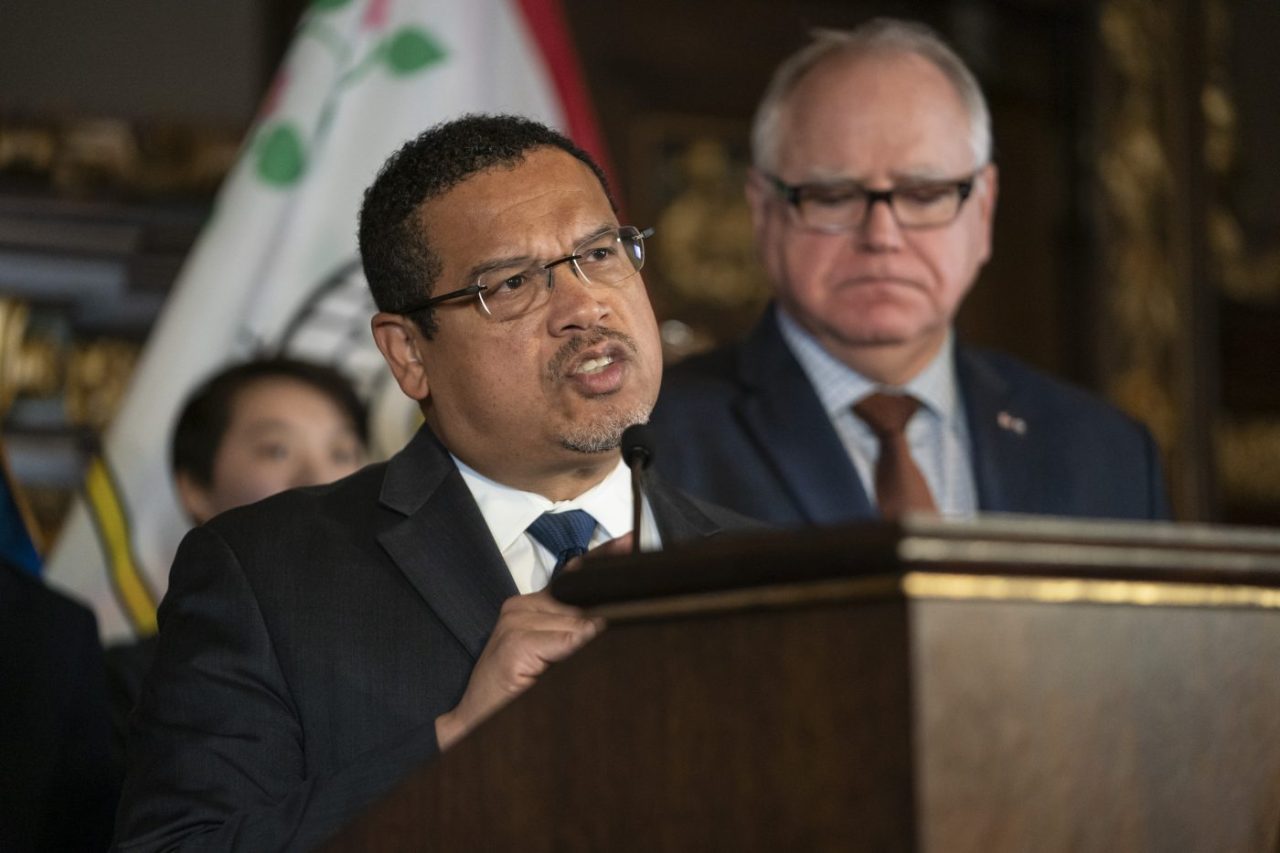And according to Samuel L. Jackson himself via NYT article,
Mr. Jackson said, laughing. “I said, ‘O.K., now you want me to play the most hated Negro in cinematic history?’ And he was like, ‘Yeah!’ ”
As Stephen, Mr. Jackson must navigate a host of thorny issues about race and class, which he took in stride. “He believes in slavery, believes in the hierarchy of things, he’s the freest slave on that plantation,” he said. (In character, he added, “I have the same moral compass as Clarence Thomas does.”)



I mean Thomas wrote in his decision on Wade v. Roe that other rulings that used similar precedent should be examined. He cited Griswold v. Connecticut, a ruling that prevents government from banning contraceptives, Lawrence v. Texas, a ruling that prevents government from banning consensual sex acts, and Obergefell v. Hodges, a ruling that prevents governments from banning same sex marriages.
He left out one ruling though, strangely enough. Loving v. Virginia a ruling that prevents government from banning interracial marriage. It uses the exact same precedent that Wade v. Roe and all the other cases used. I wonder why Clarence Thomas is alright with that ruling but not the other ones? Is it because overturning that ruling would personally effect his own interracial marriage?